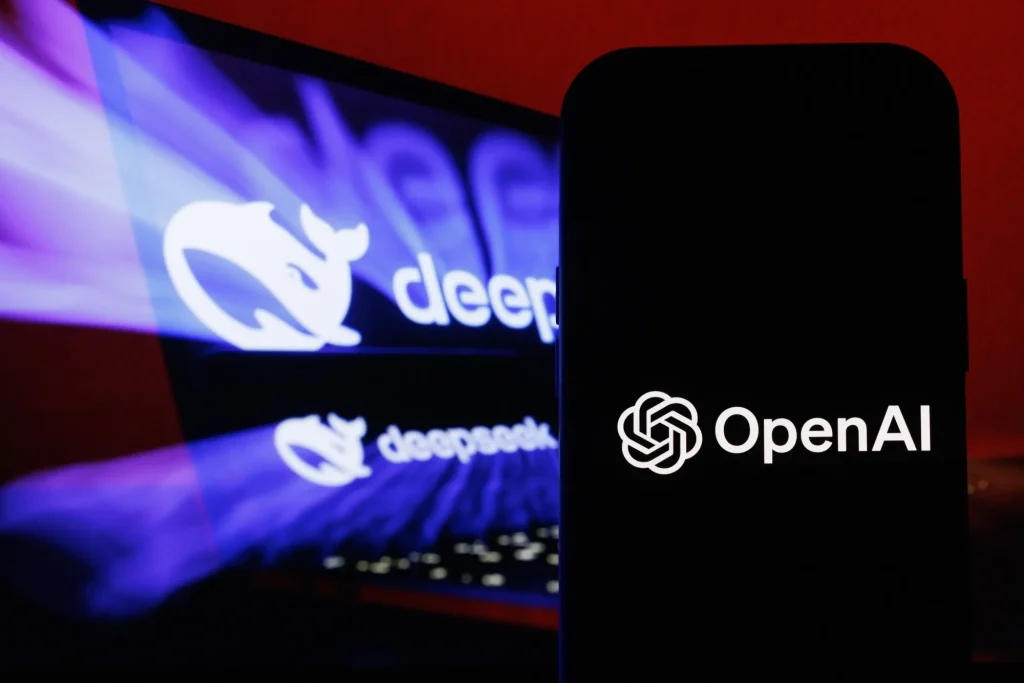OpenAI has announced plans to develop a more open generative AI model, marking a strategic shift as it faces mounting competition from open-source rivals like Meta and China’s DeepSeek.
Until now, OpenAI has been a staunch advocate for closed, proprietary AI models, citing security risks associated with open-source technology. However, increasing demand for customizable AI models, particularly among corporations and governments concerned about data security, has put pressure on the company to adapt.
The move comes as Meta’s Llama models and DeepSeek’s lower-cost R1 model gain traction. Meta CEO Mark Zuckerberg recently revealed that Llama has surpassed one billion downloads, while DeepSeek’s model has disrupted the AI landscape with its affordability and flexibility.

OpenAI CEO Sam Altman acknowledged the shift in a post on X, saying, “We’ve been thinking about this for a long time, but other priorities took precedence. Now it feels important to do.”
To refine its open AI model, OpenAI will host developer events in San Francisco, followed by sessions in Europe and Asia-Pacific.
The announcement follows OpenAI’s recent breakthroughs, including new image-generation features in ChatGPT that attracted “one million users” in just one hour. These features have reportedly pushed OpenAI’s processing power to its limits.
Meanwhile, OpenAI is reportedly finalizing a historic $40 billion funding round led by Japan’s SoftBank Group, which could be the largest capital raise ever for a startup.


